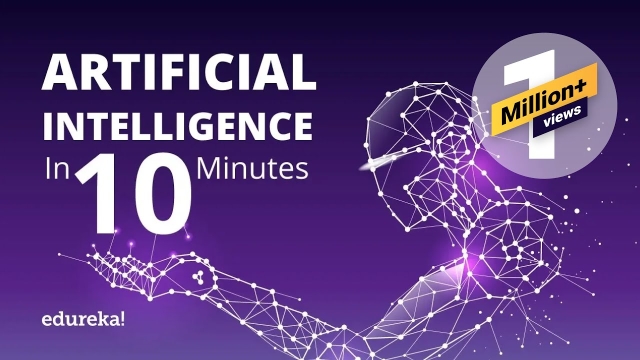
Artificial intelligence has revolutionized the way we live, work, and interact with technology. As we navigate the complex landscape of innovation, AI has emerged as a powerful force driving progress in various industries. From personal assistants on our smartphones to advanced predictive algorithms in healthcare and finance, the impact of artificial intelligence is undeniable.
The rapid advancement of AI technology has sparked a wave of excitement and curiosity, propelling us into a new era of possibilities. With machine learning algorithms becoming increasingly sophisticated and capable of processing vast amounts of data at lightning speed, the potential for innovation seems boundless. Exciting developments in natural language processing, computer vision, and robotics are reshaping traditional paradigms and pushing the boundaries of what is achievable.
Understanding the Basics
Artificial intelligence, often referred to as AI, is a rapidly evolving field that focuses on creating smart machines capable of performing tasks that typically require human intelligence. By using algorithms and data, AI aims to enable computers to learn from experience, adapt to new inputs, and execute human-like tasks.
At its core, artificial intelligence is classified into two main categories: narrow AI and general AI. Narrow AI, also known as weak AI, is designed to perform specific tasks efficiently, such as facial recognition or language translation. In contrast, general AI aims to exhibit intelligence and cognitive abilities that mimic human intelligence across various domains.
Machine learning, a subset of artificial intelligence, empowers computers to automatically learn and improve from experience without being explicitly programmed. This methodology allows AI systems to recognize patterns in data, make decisions, and continuously enhance their performance based on feedback.
Applications in Various Industries
Artificial intelligence is transforming various industries across the globe. In healthcare, AI is revolutionizing patient care through personalized treatment plans and predictive analytics. By analyzing vast amounts of data, AI algorithms can detect patterns and provide insights that enhance medical diagnosis and improve patient outcomes.
In the finance sector, artificial intelligence is being utilized for fraud detection, risk assessment, and algorithmic trading. Advanced AI technologies enable financial institutions to analyze market trends in real time, make data-driven decisions, and mitigate risks effectively. Through machine learning algorithms, businesses can optimize operational processes and enhance customer experiences.
In the transportation industry, AI is driving innovations in autonomous vehicles, route optimization, and predictive maintenance. Self-driving cars powered by AI are set to revolutionize the way people travel, offering increased safety and efficiency on the roads. AI algorithms also play a crucial role in optimizing logistics operations, reducing fuel consumption, and minimizing transportation costs.
Challenges and Future Prospects
https://www.blab.com
When it comes to artificial intelligence, there is no denying that challenges abound. One major obstacle is the ethical dilemmas surrounding AI, particularly in terms of privacy and data security. The responsible and transparent development of AI technologies becomes crucial in navigating these uncertainties.
Looking ahead, the future prospects of artificial intelligence are filled with boundless opportunities. As advancements continue to accelerate, the potential for AI to revolutionize various industries is staggering. From healthcare to finance, AI is poised to enhance efficiency, drive innovation, and pave the way for new possibilities.
In conclusion, the journey into the realm of artificial intelligence is both exciting and daunting. By confronting challenges head-on and embracing the vast potential for growth, we can harness the power of AI to shape a more intelligent and interconnected future.



